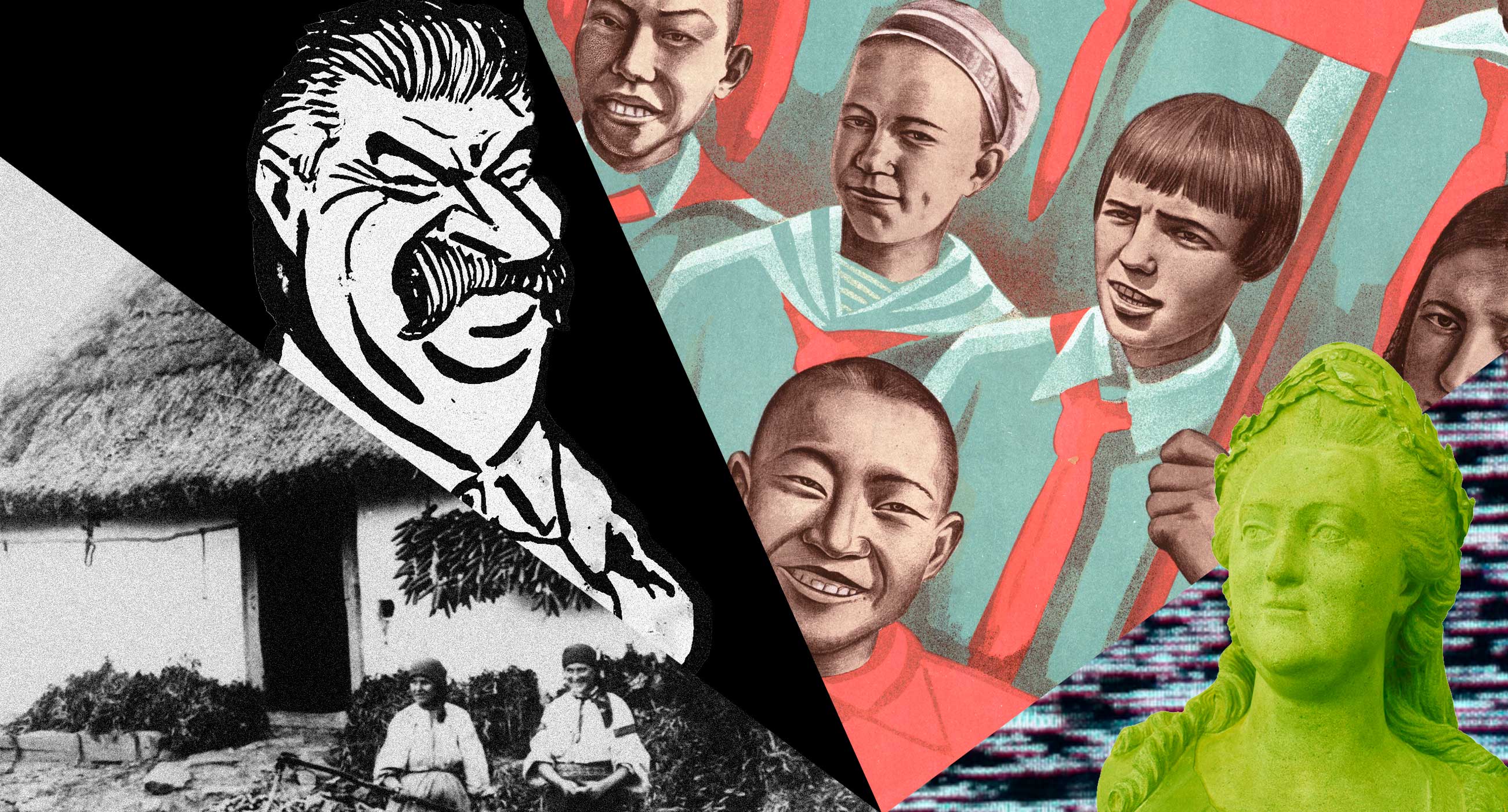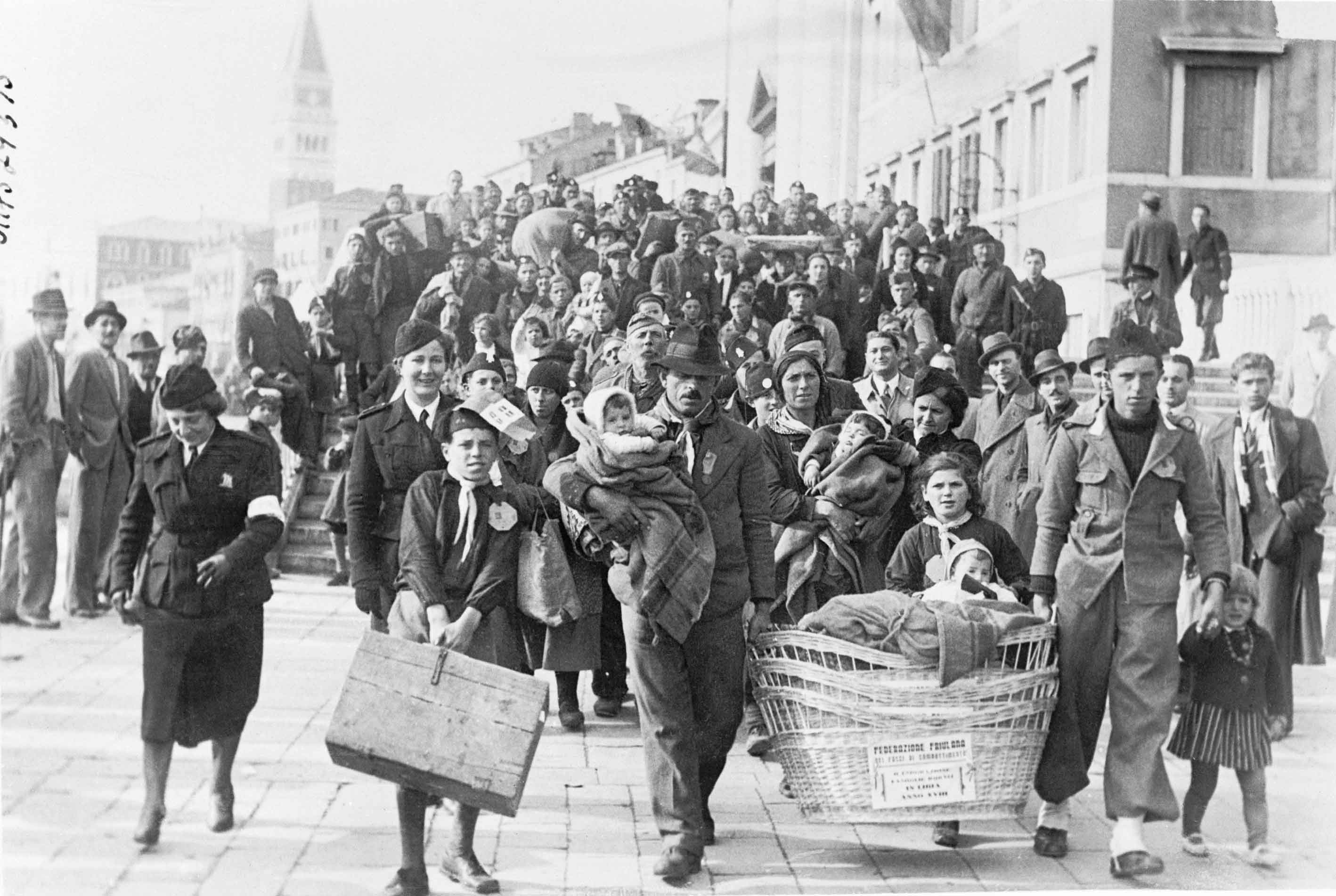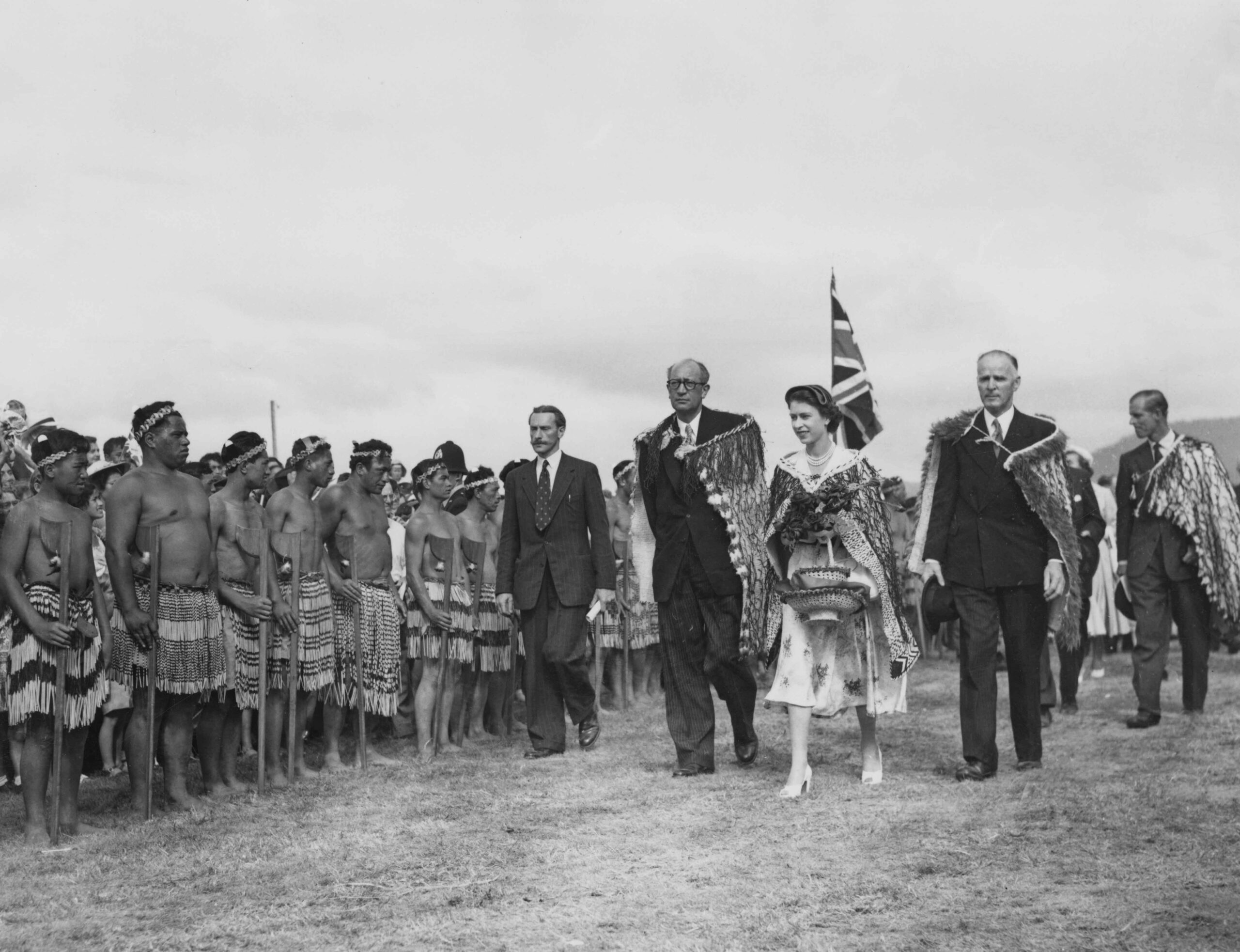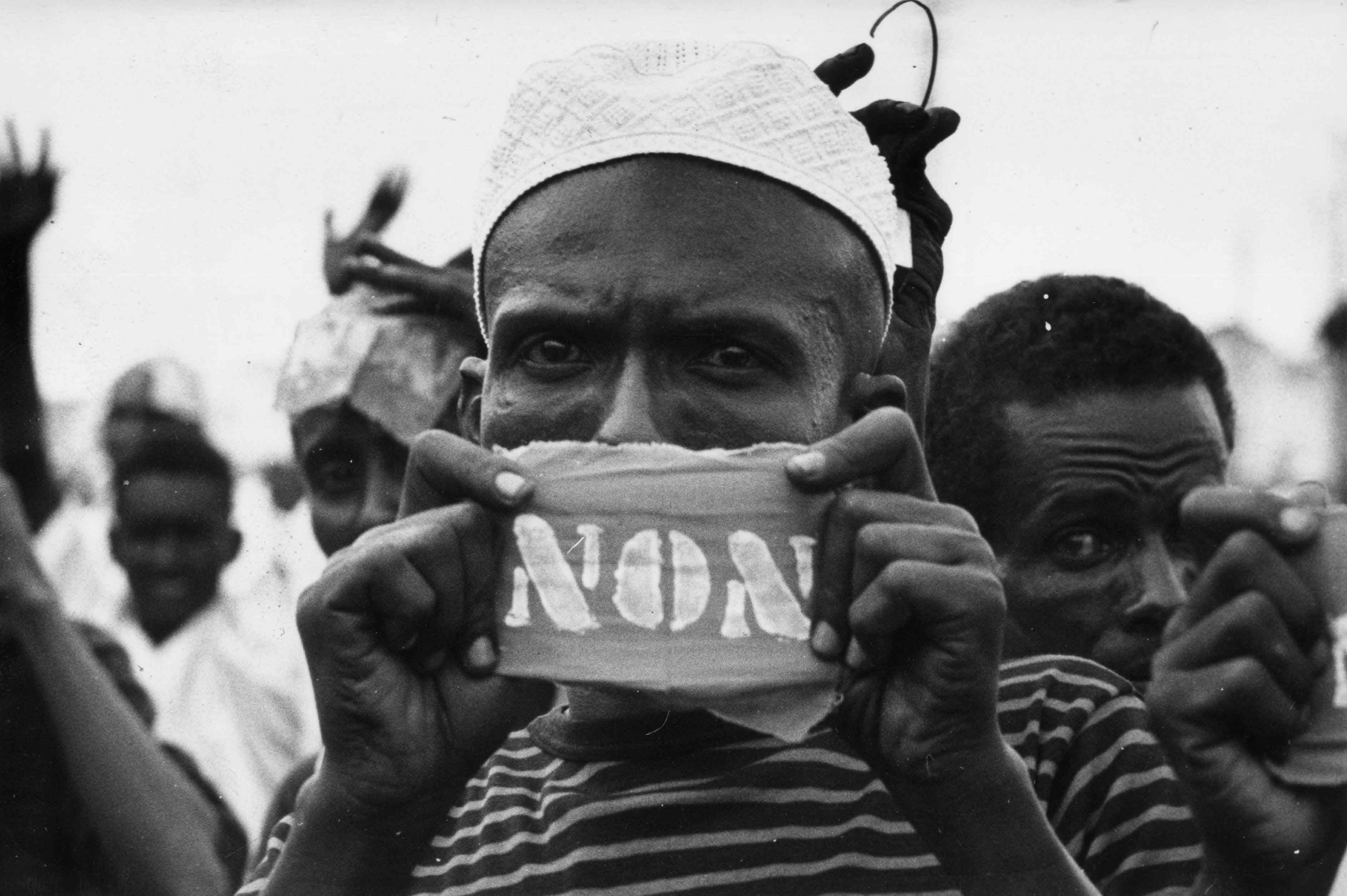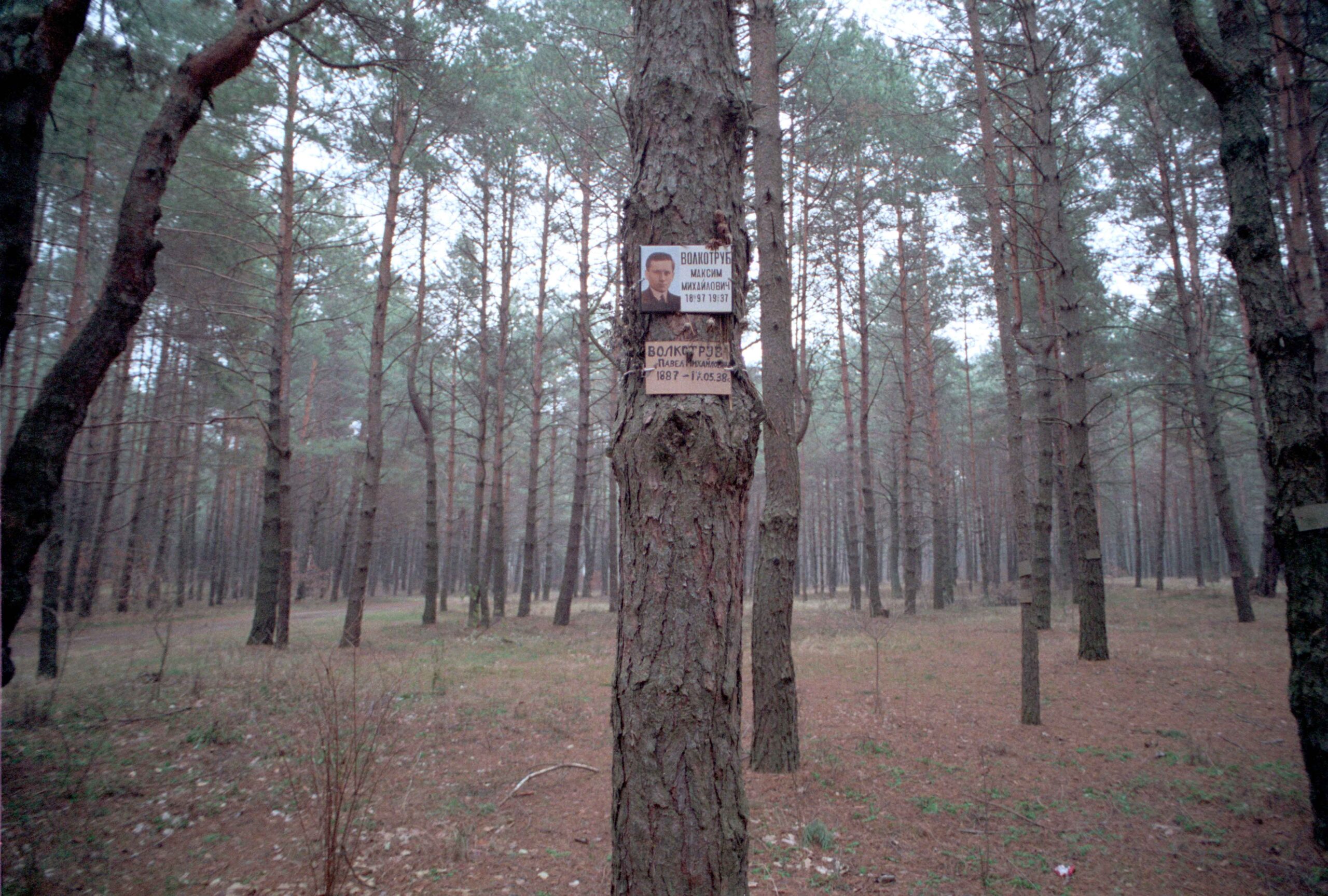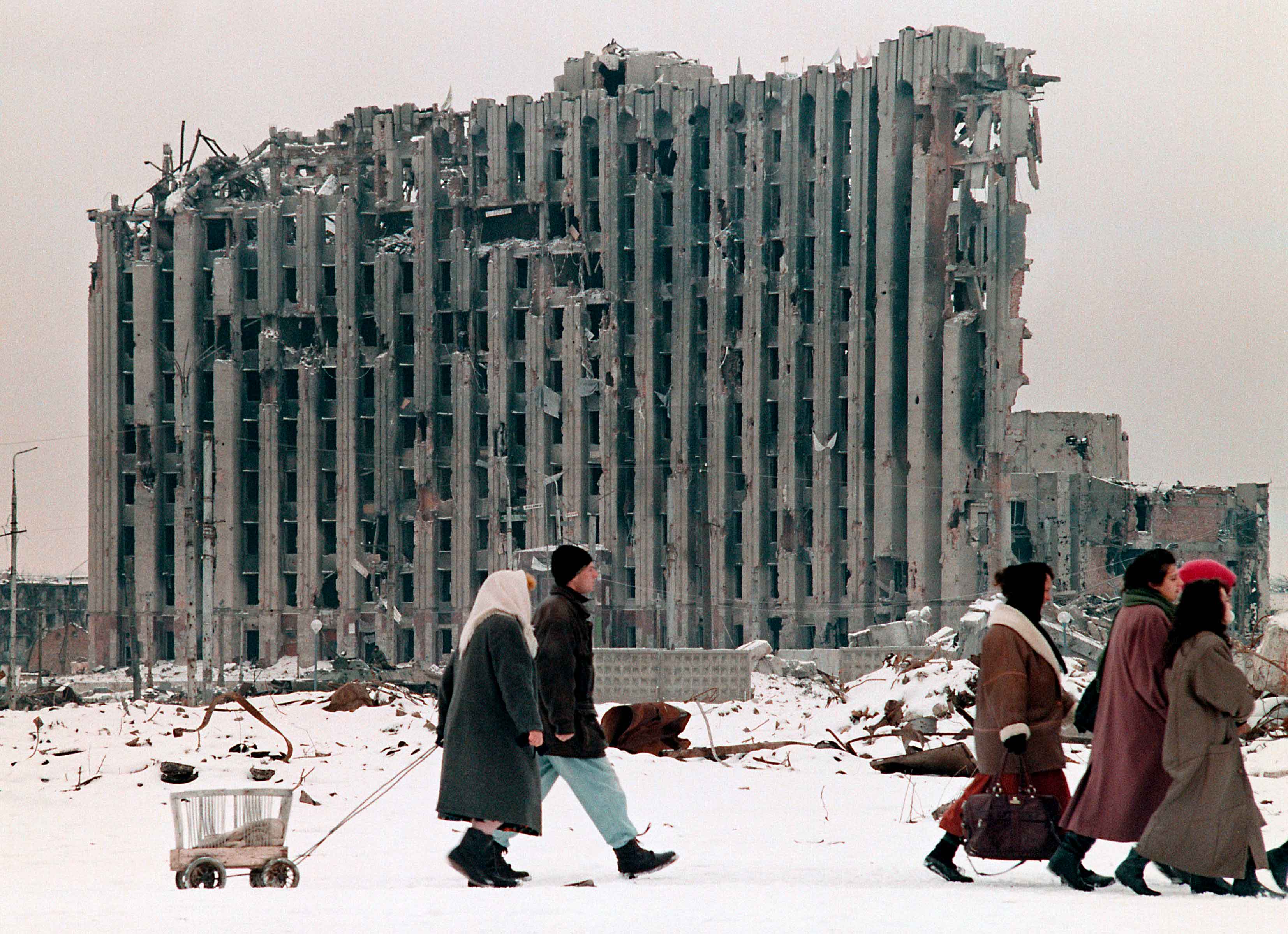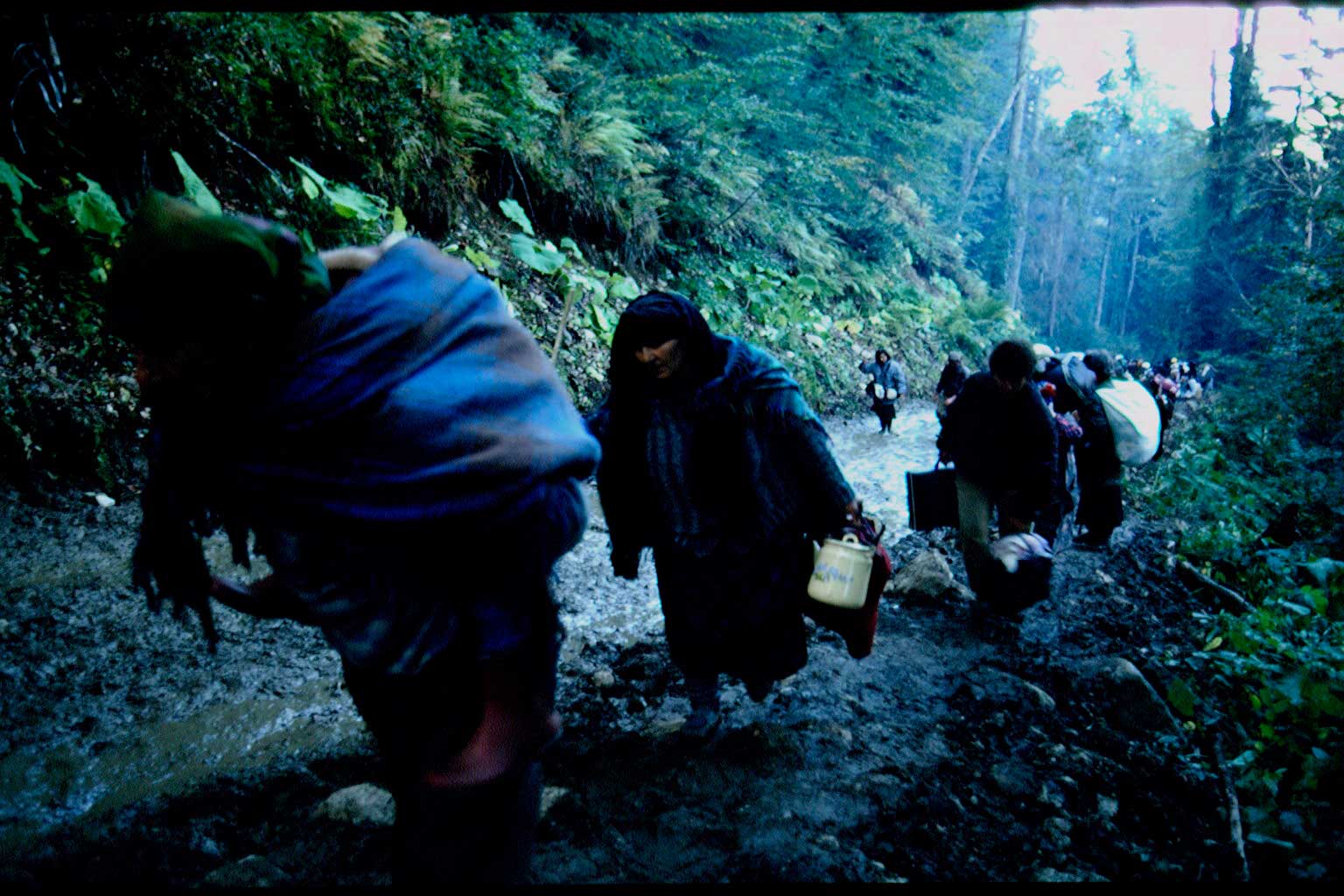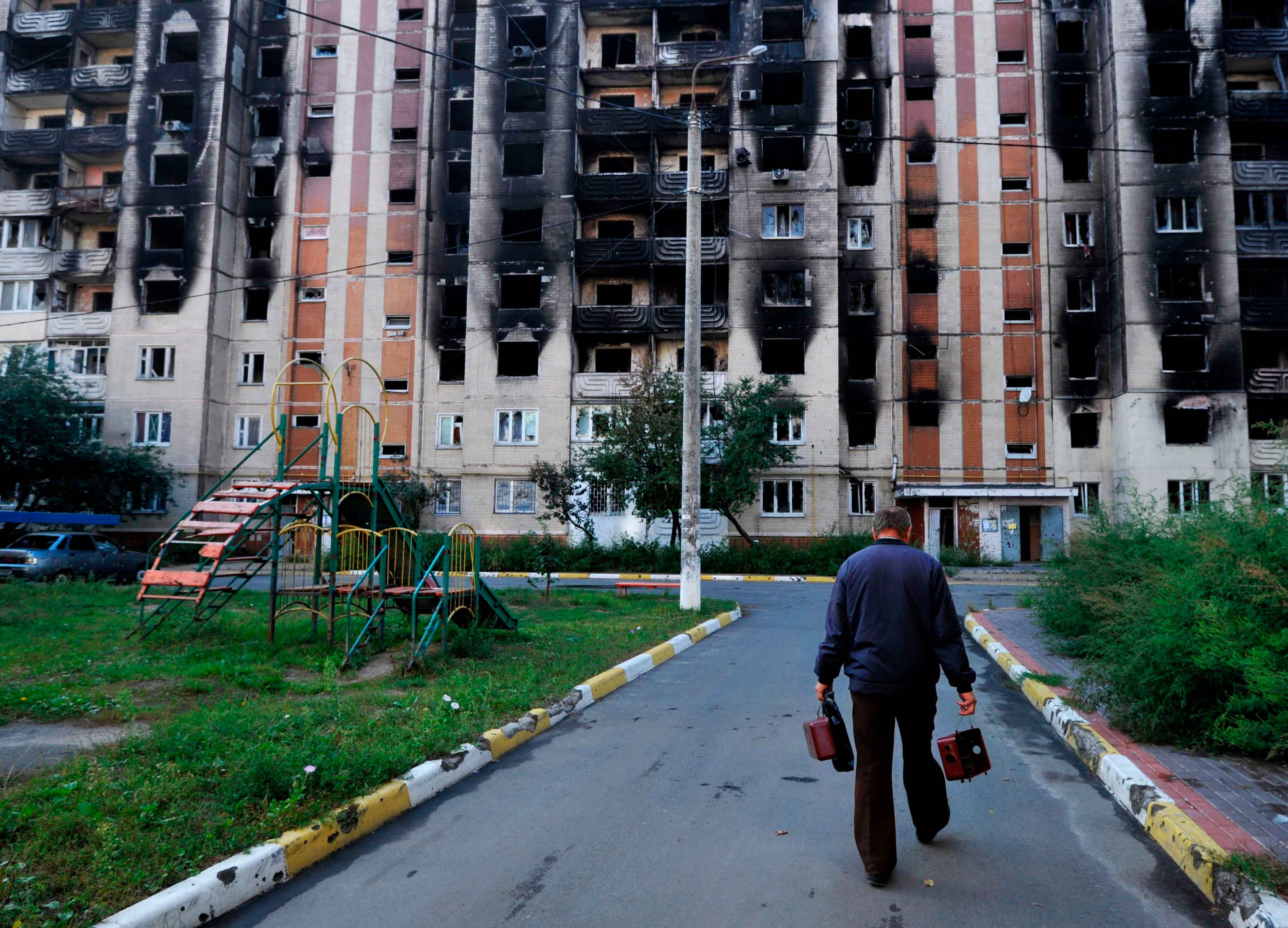On September 30, 2022, Russian President Vladimir Putin declared the annexation of the Kherson, Zaporizhzhya, Luhansk, and Donetsk regions captured during the war in Ukraine. During his Kremlin speech, the leader of the aggressor state devoted a lot of time to criticizing “Western hegemony” and finally stated that in the XX century Russia “led the anti-colonial movement”. The same Russia that, in one iteration or another, has been capturing neighboring territories for centuries, destroying their history, culture, and language.
To make as many people in the world as possible aware of Russian colonialism and its consequences, Zaborona is launching a joint project with Volya Hub, an international network of journalists, investigators, and historians. In the first article, we talk about the phenomenon of colonialism and why it is appropriate to use this term to describe the relations between Russia and Ukraine (the material is also available in video explainer format).
What is colonialism?
It is the practice of subjugation and control of one people by another in political, economic, and cultural terms. The term “colonialism” comes from the Latin word “colonus” — “farmer”, and earlier the practice of colonialism involved the resettlement of people to a new territory, where they lived as permanent settlers while maintaining political loyalty to their country of origin. But in the XVI century, everything changed radically.
Technological advances allowed people to travel to the farthest corners of the planet, and simultaneously to move many more people across oceans without breaking political control between two or more countries. This is how the greatest colonial empires emerged, such as the British, French, Spanish, and Portuguese.

11/13/1939, Venice, Italy. On the recent 17th anniversary of the founding of Fascism, 11,000 Italian colonists left Venice for the Italian colony of Libya in North Africa, to supplement the 20,000 that went there last year. Here are some of the colonists, replete with babies, baskets, and bundles on the Riva Dell Impero before embarking on ships in Venice. Photo: Getty Images
The heyday of colonialism came in the era when metropolises and colonies began to be separated by oceans, and the objects of colonialism were mostly non-white societies. That is why for a long time in scientific circles there was a stereotype that colonialism occurs exclusively against people of color.
But colonies can be not only lands located far from the colonial empire. Modern leading researchers expand and supplement this definition and emphasize that there are different types of colonialism.
There is settlement colonialism when the main goal of the colonists was to find fertile land. There is exploitative colonialism when not only lands and resources but also local labor were under the control of the metropolis. However, the income from the use of it was received by the colonists. These two types of colonialism are the main ones, but researchers also distinguish surrogate, internal and national types of colonialism, which differ in forms of control.
In one way or another, colonialism is primarily a system of enslavement and subjugation, where geography or skin color does not play the first role.
Colonial stereotypes permeate all spheres of people’s lives for generations to come. And former colonial empires continue to influence the situation in ex-colonies and use their weaknesses to maintain informal control even after they gain independence.

Queen Elizabeth II leaving a Maori reception in her honor, at Arawa Park, Rotorua, New Zealand, during her coronation world tour, 2nd January 1954. Prince Philip is on the far right. Photo: Central Press / Hulton Archive / Getty Images
How does colonialism manifest itself?
Here are a few motifs from the book Empireland by the British journalist of Indian origin Sathnam Sanghera about the British colonial occupation of India and the monograph Postcolonialism by the British historian Robert J.C. Young.
First: at least two languages are spoken in your region. But one is considered more intellectual and developed, and the other is the language of the family, everyday life, and the village. The first language is more popular: many successful singers sing in it to attract a wider audience, and most TV shows and movies are shown in it, the same applies to the news.
Second: there is a country that treats yours as a younger brother — not very developed and inexperienced. They speak about your people with certain stereotypes and generalizations. Often these are jokes where you are portrayed as not very smart and a bit ridiculous. Behind these jokes is a history of genocides, massacres, and repressions that are not usually talked about.

March 1967: A man in Somaliland saying no to French rule at a protest during the referendum.
Photo: Keystone Features / Getty Images
Third: your culture is simplified to primitive and infantile clichés. Rituals are ridiculed, clothing is simplified, and traditions are stripped of depth.
Fourth: your economy suffers from corruption under the control of certain political elites. They have strong ties with this or that country and actively lobby for its interests. In particular, they voice calls for unification and cooperation, because it is allegedly impossible to exist without the support of the “big brother”. These political forces are financially connected with another country and have protection from abroad.
Fifth: in your country, career development is limited and a better life should be sought abroad — in the same country where the language is more intellectual, culture is deeper, and politicians are constantly meddling in the affairs of your homeland. There is a clear belief among people that real success can be achieved only in the capital of that country.
These examples are very similar to the relations between Ukraine and Russia, but hundreds of nations around the world have similar experiences due to colonial policies.

Ukraine’s President Leonid Kuchma (L), Russian President Vladimir Putin (C), Prime Minister of Ukraine, and presidential candidate Viktor Yanukovich applaud as they greet World War II veterans during a parade in Kyiv, October 28, 2004. Photo: Sasha Mordovets / Getty Images

A wreath falls towards the President of Ukraine Viktor Yanukovych during a ceremony to mark the 1932-1933 Soviet famine known as Holodomor on May 17, 2010, in Kyiv, Ukraine. Medvedev is in Ukraine as part of a two-day state visit to improve relations with the former Soviet republic. Kyiv, May 17, 2010. Photo: Sasha Mordovets / Getty Images
Why is the term “colonialism” suitable for Ukraine and other Russian neighbors?
All share a common denominator — the Russian Empire.
It has not existed for over 100 years, but it still influences not only Ukraine but also the Baltic States, Uzbekistan, Kyrgyzstan, Georgia, etc. in one way or another. Somewhere this influence is economic, somewhere cultural, and somewhere it completely squeezes out the indigenous identity. Russia began to actively impose its language several centuries ago in imperial times. However, this process was significantly intensified during the Soviet Union. That is why all former Soviet republics know only one language. The USSR was not a union of equal republics with equal opportunities. One country and one culture had the best conditions.

The Bykovnya Forest, 5km outside Kyiv, where more than 100,000 bodies were dumped having been killed between 1936 and 1941 by the Soviet Secret Police, the People’s Commissariat for Internal Affairs (NKVD) for their political beliefs during Stalin’s rule, with placards in memory of the dead tied to the trees, November 1995. Photo: Martin Godwin / Getty Images
That is why instead of the term “post-Soviet” it makes sense to use the term “postcolonial” — it better conveys the meaning of the countries’ experience of being in the USSR and under Russian control in general.
The erasure and devaluation of indigenous cultures and enslavement in the system of political, cultural, and economic control by Moscow is classic colonialism, and it unites everyone — from Ukrainians to Estonians and Kazakhs.

An unarmed Lithuanian citizen stands in front of a Soviet tank. Photo: Wikimedia 
Chechens walk past the destroyed presidential palace in Grozny, Chechnya, February 1996. Photo: ALEXANDER NEMENOV/AFP via Getty Images

Georgians leave Abkhazia. Photo: Jon Jones/Sygma via Getty Images 
A man walks toward a damaged residential building in the town of Irpin on September 11, 2022. Photo: Sergei CHUZAVKOV / AFP via Getty Images
Why is it important to talk about this now?
Colonialism is based on mythology planted in enslaved peoples’ minds. This mythology provokes an inferiority complex, when we are not interested in our history, we do not want to speak the language of our people, we simplify our culture, idealize the colonizer and blame our compatriots for all the troubles.
This inferiority subconsciously affects our perception of ourselves and prevents us from seeing who really benefits from such cultural and political control.
The genocide in Ukraine during the full-scale invasion captured the attention of the world. This tragedy, in particular, makes people from other countries see that similar things have been happening for centuries according to the same scheme not only with Ukraine but also with other Russian neighbors.
The experience of other colonized nations teaches that the death of colonial empires begins inside our thinking. And some colonial empires were destroyed, in particular, by exposing the systems of exploitation. And it was the colonized states that did it.
This explainer was created within the framework of Volya Hub — an international network that promotes education about Russian colonialism and its consequences.
In the next article, we will take a closer look at why modern Russia should be qualified as a colonial empire.

